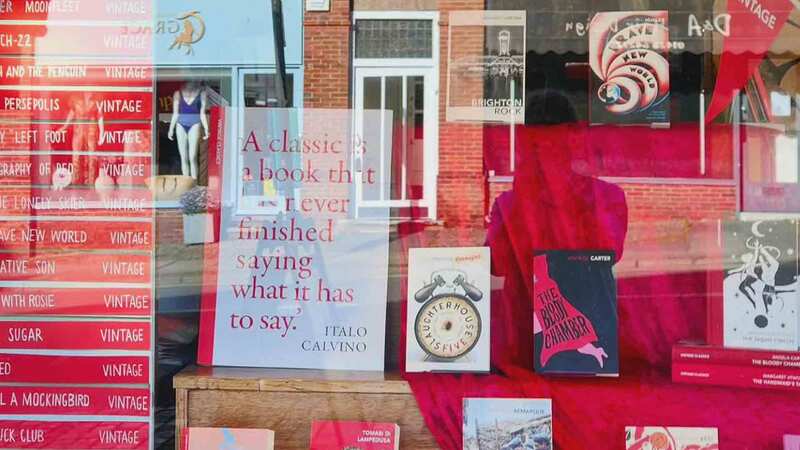You are viewing your 1 free article this month. Login to read more articles.
What we are not

What are bookshops for? This is not an academic question, though it was the chief topic under discussion at the second Annual Bookselling Research Network Conference, which took place earlier this week at Reading University. The event took as its framing a quote from US bookseller Jeff Deutsch whose book In Praise of Good Bookstores was published by Princeton UP in April 2022; Deutsch argues that though we may no longer need bookshops in the age of online retailers—bookshops being “an inefficient and inconvenient way to buy books in the 21st century”—they nevertheless continue to thrive on high streets.
It is not just the bookshop customers whose lives are changed by bookshops
The event had contributions from Louise O’Hare, who in 2011 created the London Bookshop Map, Aditi Kumar and Charlie Richards from Exeter indie Bookbag, rep and author Lanora Jennings, Emma Corfield-Walters from Wales’ Book-ish, Alex Forbes from the Caversham bookseller Fourbears Books, and Eben Muse, whose family run the Parnassus Book Service in Cape Cod.
The connecting thread was not difficult to discern—each speaker talked about the impact bookshops had had on their own lives, or within their communities, from Muse whose bookshop was set up by his father and has followed the ups and downs of the writerly folk in that corner of Massachusetts, to Forbes, whose decision to open an indie bookshop was part of a life change, as it was a decade earlier for Corfield-Walters. It is not just the bookshop customers whose lives are changed by bookshops.
Kumar and Richards spoke about their aim to create an inclusive safe space with stock distinct from the chain stores nearby, while Jennings talked about a time when women in the US were actively encouraged to open indies, with the trade producing handbooks to help them on their way (a precursor to the New Futures initiative set up by Bookshop.org and the Booksellers Association). O’Hare, meanwhile, addressed the “halo” impact of indies, as also charted by the BA. All in, the measure of success was about more than the bottom line.
We might argue that booksellers are in a good spot right now. Bookshops have survived discounting and digital, the more recent lockdowns, and are trading relatively well through a cost of living crisis and likely recession. As Corfield-Walters mentioned, the best ones survive via an energy and commercial instinct to weather an ever-changing high street. It is also true that bookshops remain in a tough spot. Forbes admitted that it was not guaranteed he would be able to continue trading, reliant on customers who wish to be hand-sold books at full-prices and an events stream to draw them in.
As this week’s Rising Stars feature shows, each generation comes at this differently. Bookselling today is not as it was even a decade ago. And yet the question at the top lingers. Perhaps we should view this another way. Instead of asking what bookshops are for, maybe we ought to ask, what are they not for? The answer will be shorter.


















